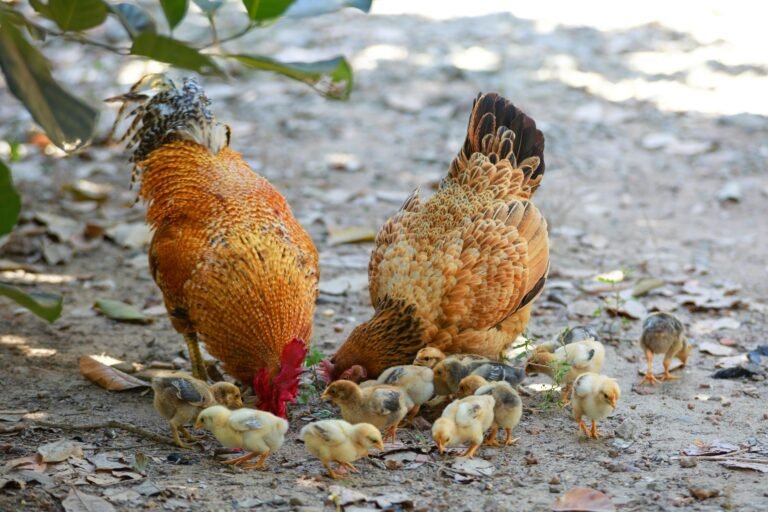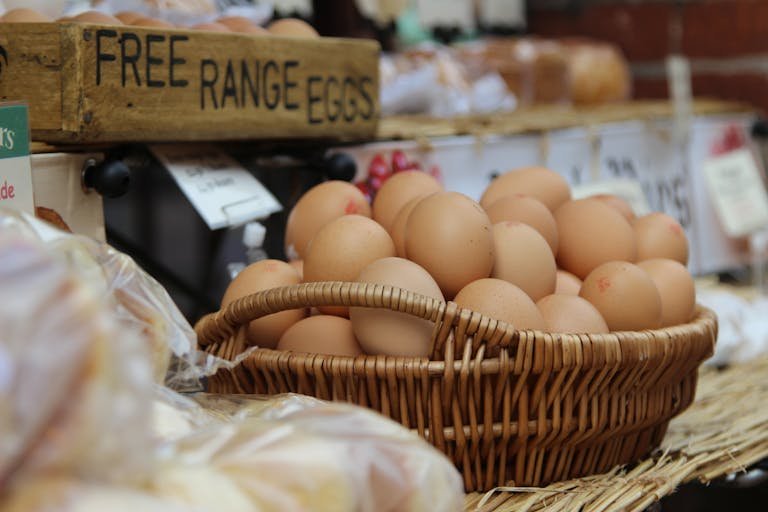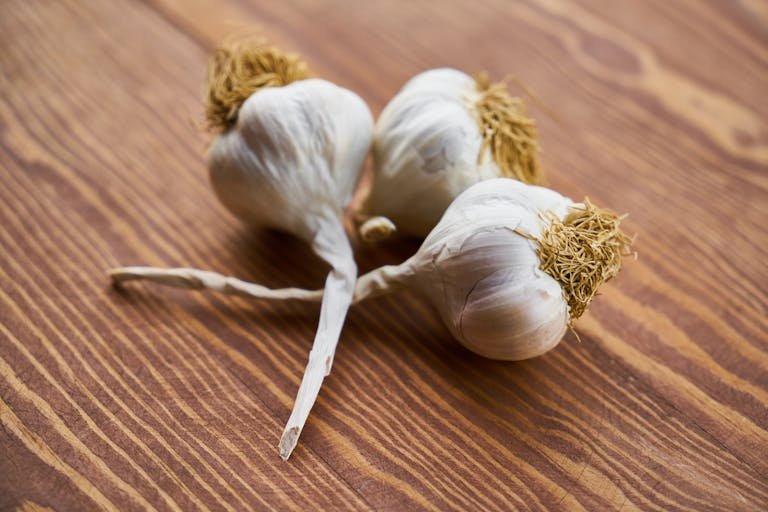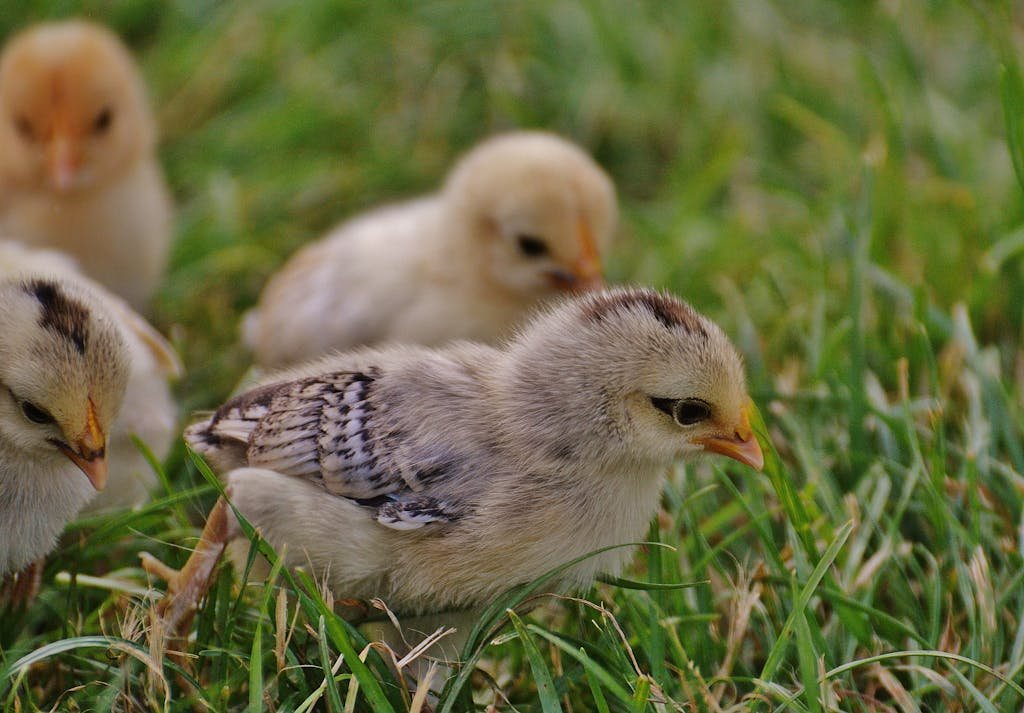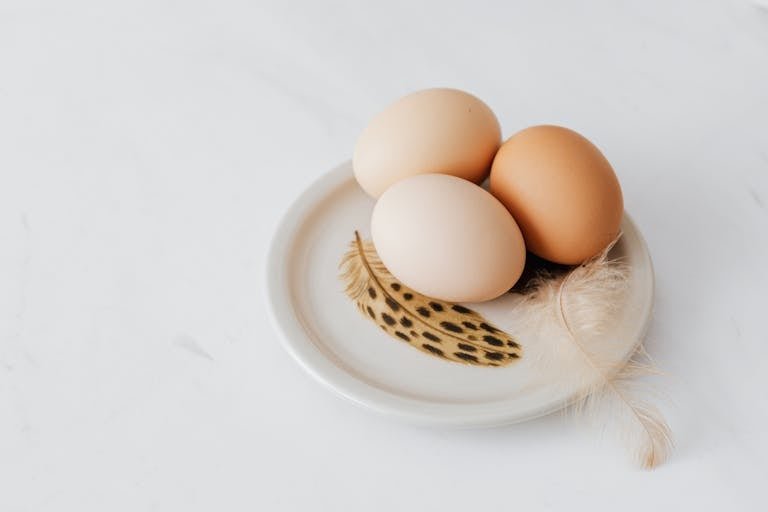Can Chickens Eat Bell Peppers?
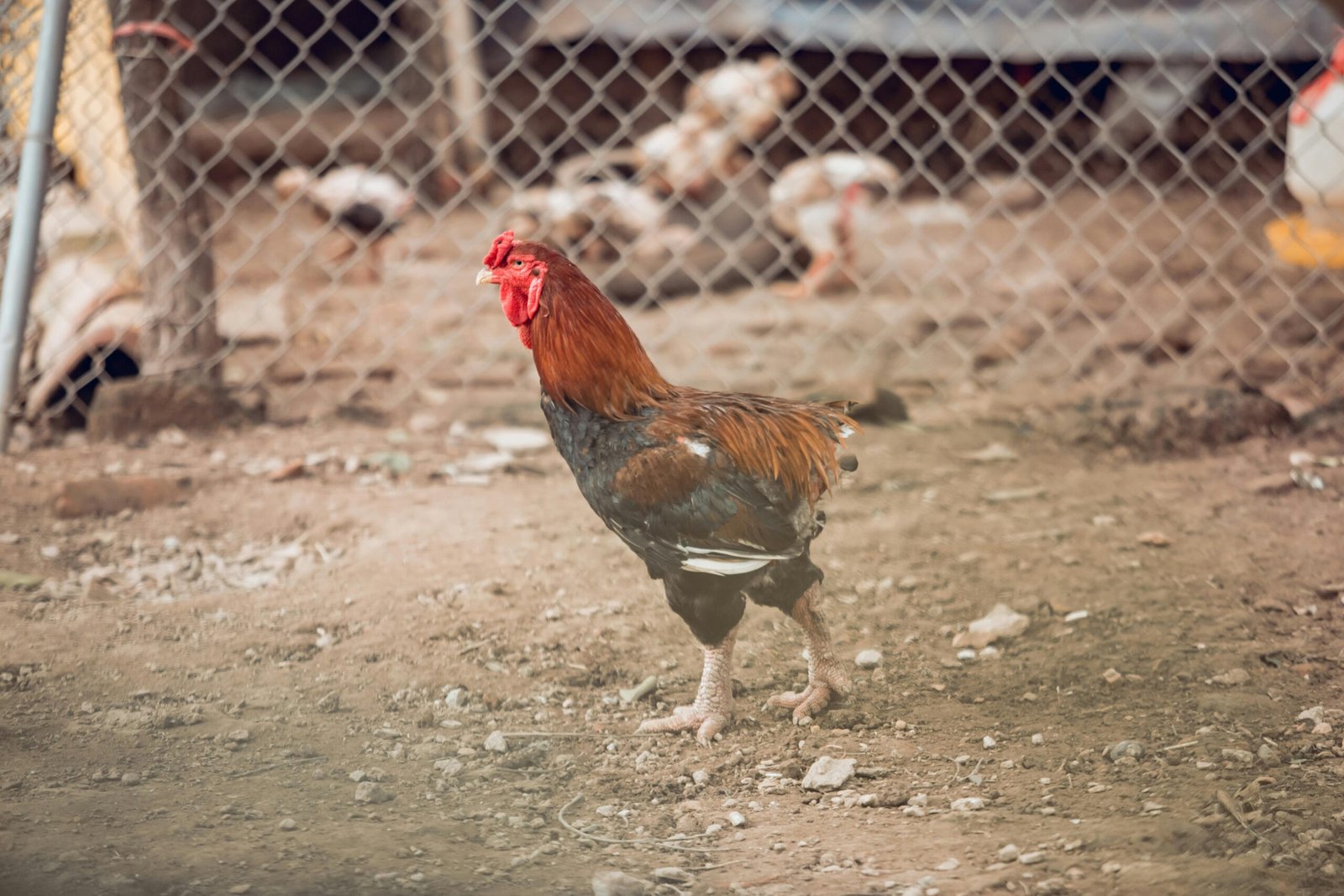
When raising chickens, I often find myself asking what treats I can offer them that are not only delicious but also nutritious. One question that comes up frequently is: Can chickens eat bell peppers? The simple answer is yes, chickens can eat bell peppers, and they can benefit from this colorful vegetable in several ways. However, it’s important to know the best way to introduce bell peppers into their diet and the potential benefits and precautions. Let’s dive deep into everything you need to know about Can Chickens Eat Bell Peppers?
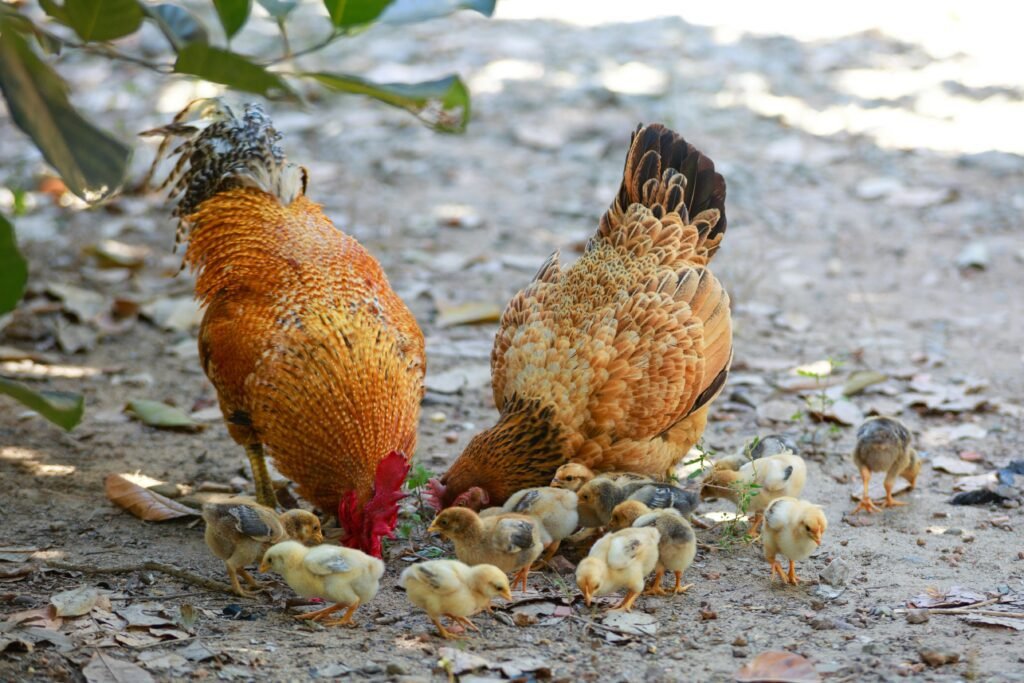
Benefits of Bell Peppers for Chickens
Bell peppers are not just vibrant and appealing; they are also packed with essential nutrients that can significantly contribute to your chickens’ overall health.
Vitamins and Minerals
One of the standout features of bell peppers is their impressive vitamin content. They are rich in:
- Vitamin A: This vitamin is essential for maintaining healthy vision, immune function, and skin health. In chickens, adequate vitamin A levels can enhance egg production and support overall vitality.
- Vitamin C: An important antioxidant, vitamin C helps reduce stress and boost the immune system. It can be especially beneficial during times of extreme weather or when chickens are under stress.
- Vitamin K: This vitamin plays a vital role in blood clotting and bone health, which is crucial for chickens, particularly as they age.
- Potassium: This mineral helps regulate fluid balance and nerve function, contributing to muscle contractions and overall cellular function.
- Folate: Folate is essential for cell division and overall growth. It is particularly important for laying hens, as it aids in egg production.
Fiber
Bell peppers are also a good source of dietary fiber. Fiber plays an important role in digestive health, helping to keep the digestive tract functioning smoothly. A fiber-rich diet can aid in preventing issues like constipation and promote regularity. This is crucial for chickens, as a healthy digestive system is essential for nutrient absorption and overall well-being.
Hydration
During the warmer months, keeping your chickens hydrated is crucial. Bell peppers have a high water content—about 92%—which can help supplement your chickens’ fluid intake. This is especially beneficial during hot weather when chickens are at risk of dehydration. Including bell peppers in their diet can help ensure they stay well-hydrated and comfortable.
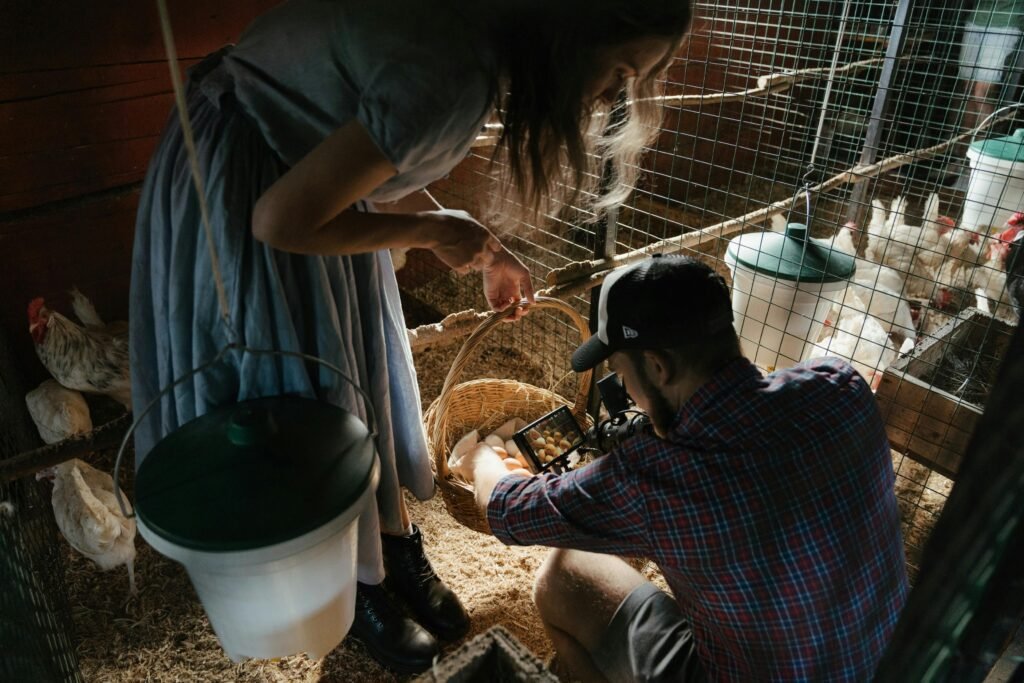
How to Feed Bell Peppers to Chickens
While bell peppers are nutritious, it’s essential to know how to prepare them properly to maximize their benefits and ensure your chickens can safely enjoy them.
Wash Thoroughly
Before introducing bell peppers to your chickens, I recommend washing them thoroughly. This step is vital to remove any dirt, pesticides, or chemicals that may be present on the surface. A good rinse under cool running water will usually suffice. If you’re concerned about pesticide residues, consider using a produce wash or soaking them in a vinegar solution for a few minutes.
Remove the Stem and Seeds
Next, it’s important to remove the stem and seeds of the bell pepper. The stem can be tough and difficult for chickens to digest, while the seeds may have a bitter taste and could potentially lead to digestive issues. By removing these parts, you ensure that your chickens get the most out of this nutritious vegetable.
Chop into Small Pieces
Chickens can be picky eaters, so I recommend chopping the bell peppers into small, manageable pieces. This not only makes it easier for them to eat but also allows for better digestion. Small pieces can encourage pecking, which is a natural behavior for chickens, making mealtime more engaging and enjoyable.
Offer as a Treat
While bell peppers are healthy, they should be offered as a treat and not as a primary source of nutrition. Chickens thrive on a balanced diet that includes a variety of grains, protein sources, and greens. Bell peppers can be a delightful addition, but moderation is key. I usually suggest limiting treats like bell peppers to about 10% of their total diet to ensure they receive balanced nutrition.
Read Also: Are Mushroom Stems Safe for Chickens to Eat?
Final Words
In conclusion, bell peppers can be a fantastic addition to your chickens’ diet. Packed with vitamins, minerals, and fiber, they offer numerous health benefits that can enhance your flock’s well-being. By properly preparing and feeding bell peppers as a treat, you can contribute to a balanced and enjoyable diet for your chickens.
So next time you’re at the grocery store or farmer’s market, consider picking up some colorful bell peppers for your feathered friends.
